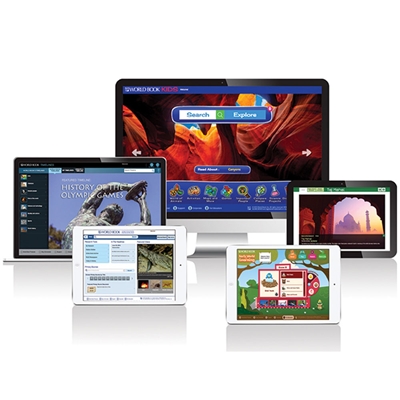Top imae: Matthew Flinders, born on March 16, 1774, was a British navigator who explored much of Australia’s coastline. Credit: State Library of South Australia (licensed under CC BY 2.0)
March 16 marks the birthday of British navigator Matthew Flinders, who explored and charted much of Australia’s coast in the late 1700’s and early 1800’s. Flinders was born in England on March 16, 1774. In 1794, he sailed to the British colony of New South Wales, Australia. While on the voyage, he met surgeon George Bass. The two men shared a passion for exploration, and after they arrived in Australia, they explored Botany Bay in a small rowboat called Tom Thumb.
During separate voyages, Bass and Flinders each came to suspect that Van Diemen’s Land (now Tasmania) was an island; at the time, it was generally believed that it was joined to the Australian mainland. In late 1798 and early 1799, Bass and Flinders sailed completely around Van Diemen’s Land, proving their theory correct. At Flinders’s recommendation, the strait between Van Diemen’s Land and the Australian mainland was named Bass Strait in George Bass’s honor.

George Bass and Matthew Flinders, two English naval officers, made several explorations along the Australian coast in the 1790’s. They sailed around Van Diemen’s Land (now Tasmania), proving that it was an island. Credit: WORLD BOOK map
In 1801, Flinders was tasked with exploring Australia’s southern coast to determine whether a strait separated eastern and western Australia. He reached Cape Leeuwin that December. He sailed eastward, exploring the coast. The expedition arrived in Sydney in May 1802. After refitting his ship, Flinders sailed north in July. He began to survey the coast of the Gulf of Carpentaria but discovered that his ship was in a dangerously rotten condition. He decided to complete the journey around Australia’s coast as quickly as possible. He reached Sydney again in July 1803, and his voyage proved that a strait did not divide the Australian mainland.

Matthew Flinders sailed around Australia from 1801 to 1803. He surveyed the southern coast, and he named Spencer Gulf, Kangaroo Island, and Encounter Bay. Credit: WORLD BOOK map
In August 1803, Flinders left Australia to return to the United Kingdom. After a series of problems with his ship, he landed at Île de France, a French colony in the Indian Ocean that is now the country of Mauritius. France and the United Kingdom were at war at the time, and the governor of Île de France had Flinders imprisoned on the suspicion that he was a spy. He was finally freed in 1810 and he returned to the United Kingdom. He spent the last years of his life writing the book A Voyage to Terra Australis. Flinders died on July 19, 1814.
Untitled Document Can't view the linked articles? Subscribe to World Book Online

World Book Online delivers a progressive sequence of core databases supported by supplemental
tools, such as language translation, graphic organizers, and unique Webquests. Moving from
Early World of Learning to World Book Advanced, World Book Online aligns end-users with their
appropriate learning levels. Each stand-alone site provides additional features to support the
needs of users’ specific capabilities.
The World Book Difference
World Book combines cutting-edge technology with traditional editorial excellence to produce
authoritative, trustworthy, and unbiased content. The digital content is updated in real time and
carefully curated for each learning level. Accessible 24/7, the content is available on a variety of devices.
World Book Online combines 21st-century instructional techniques with timely information.
By breaking down complex topics and using easily understandable text, World Book Online helps to
build fluency and increase comprehension. Featuring single sign-on capability, these sites are paired
with highly visual content to engage even the most reluctant reader. Our collection of resources kindles
a lifelong learning experience for every user. This adherence to clarity, currency, and accuracy makes
World Book’s digital offerings an information hub for the classroom, library, and beyond.